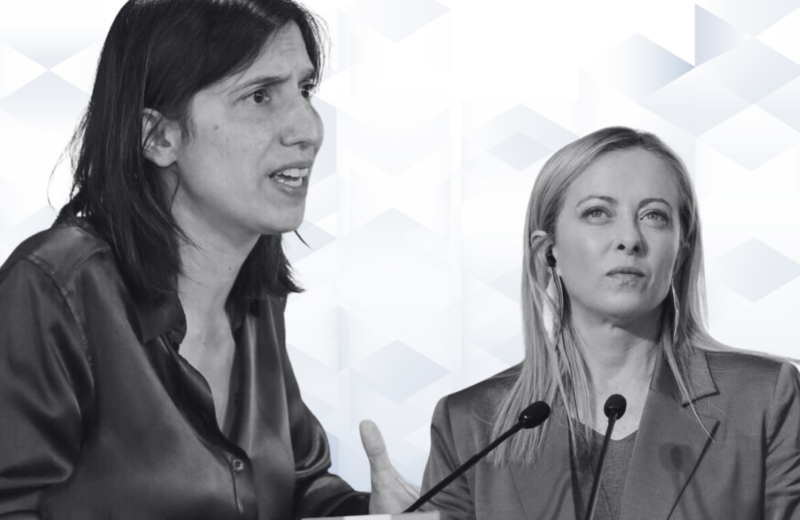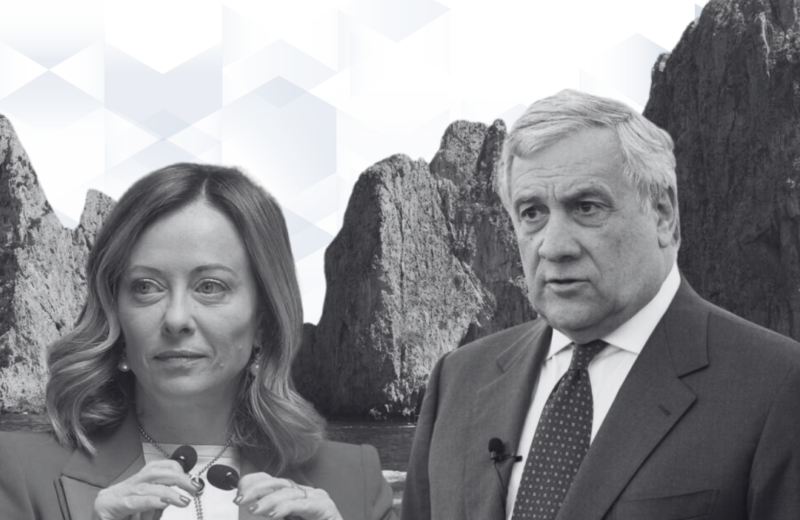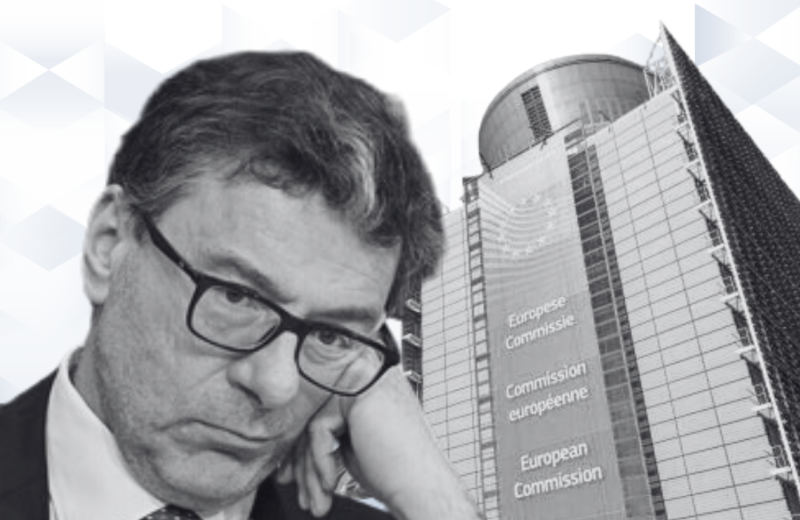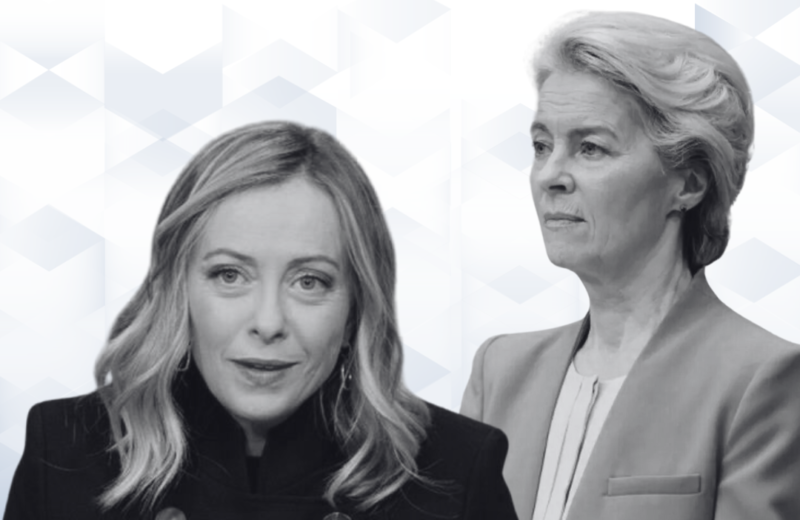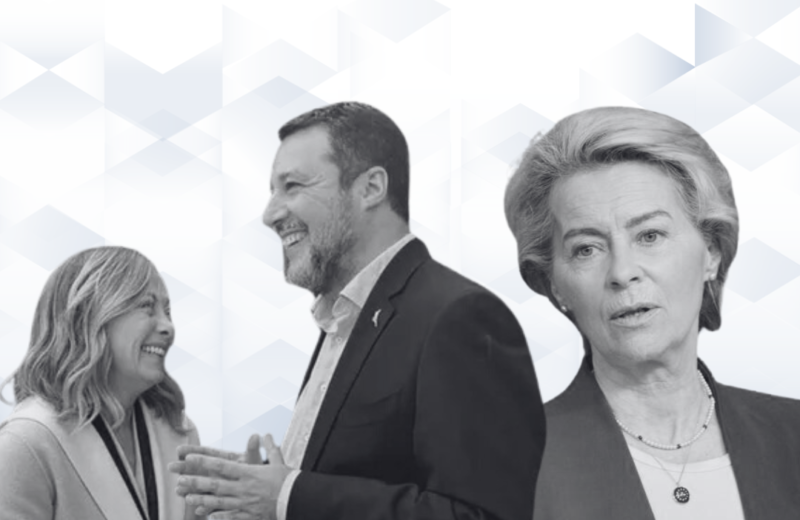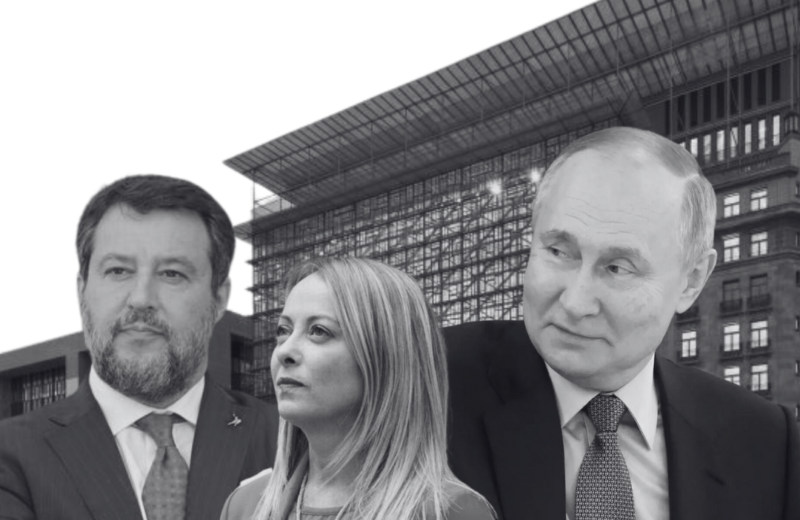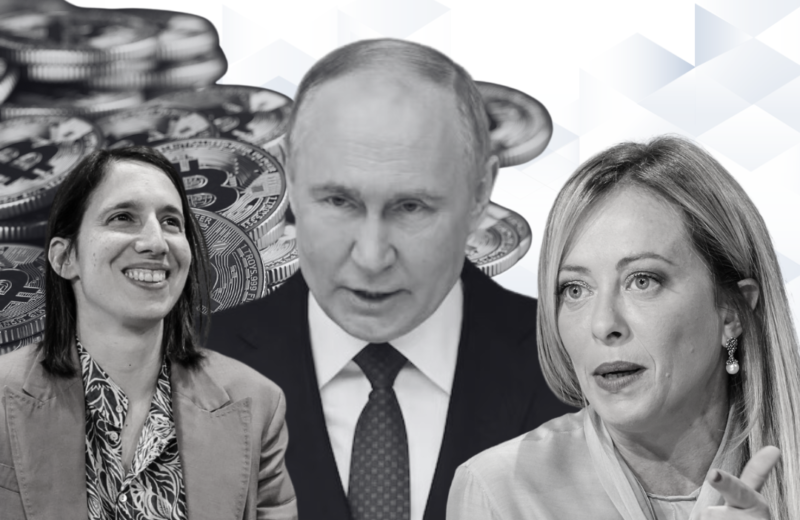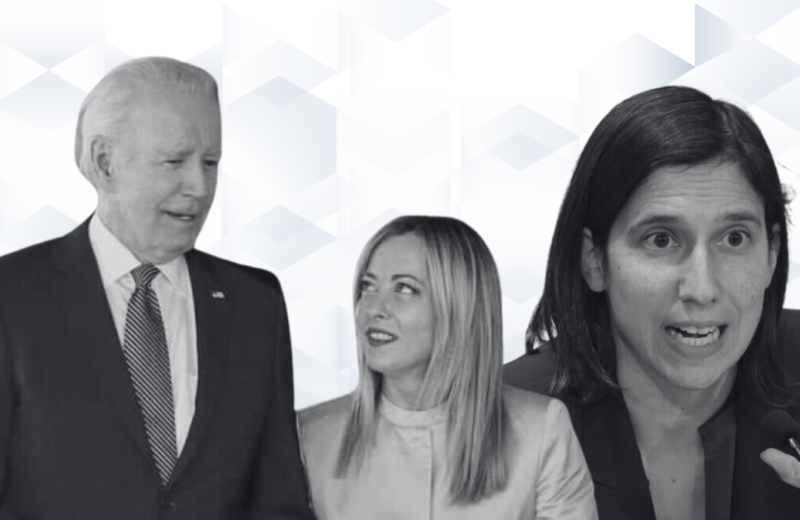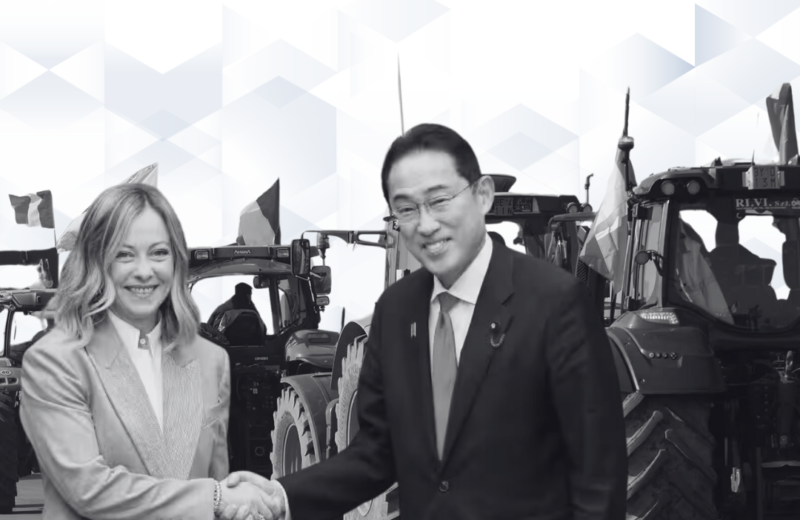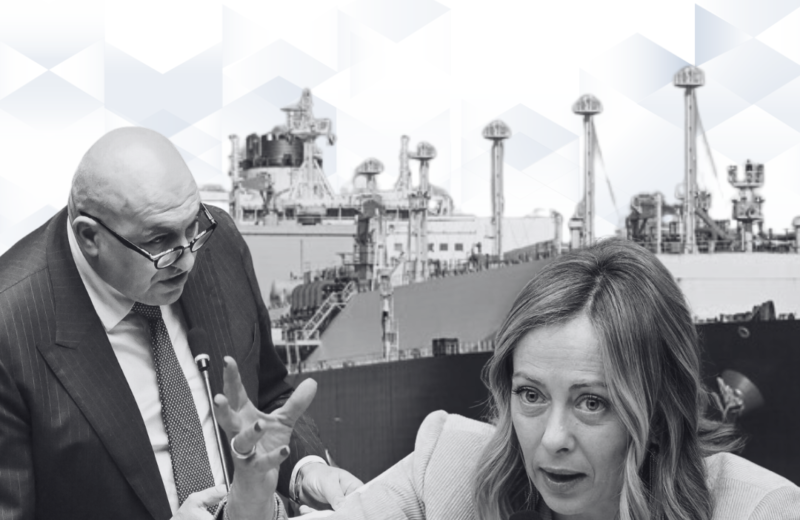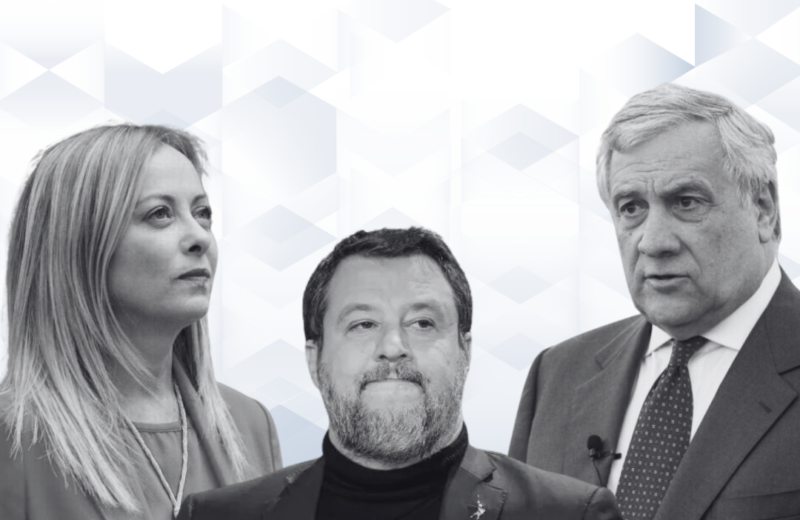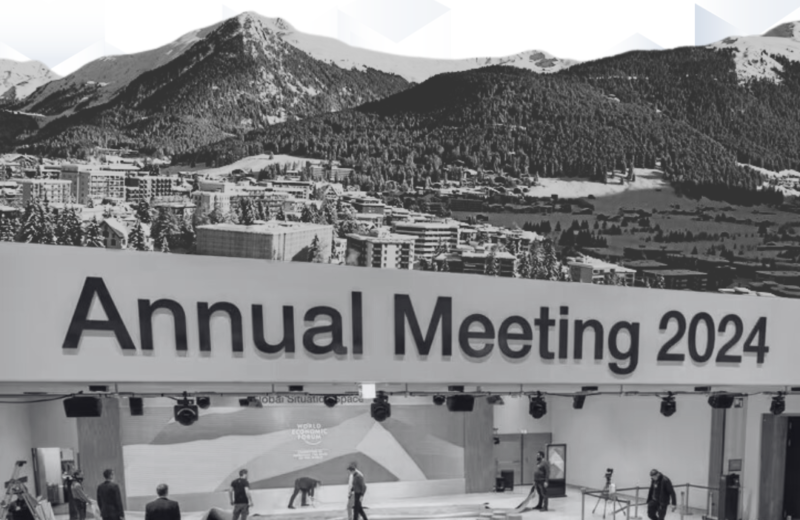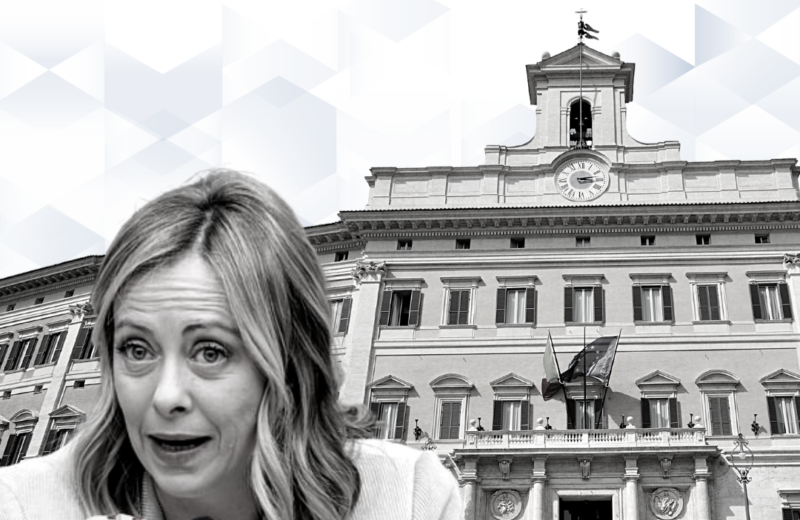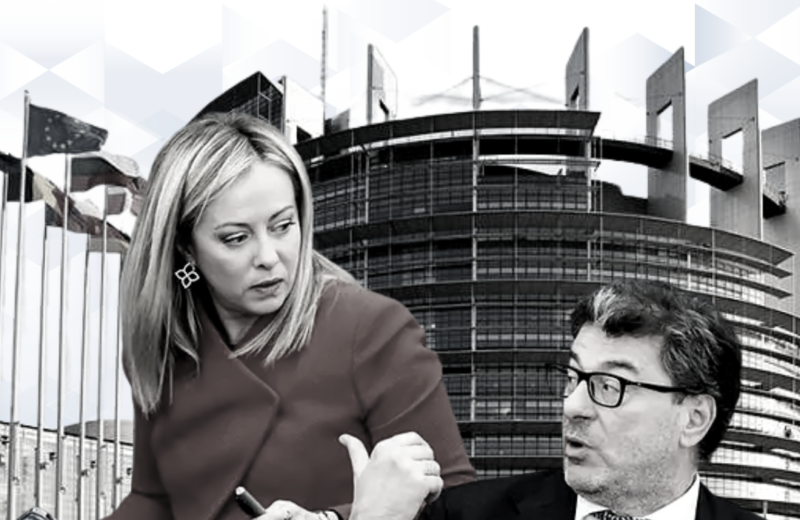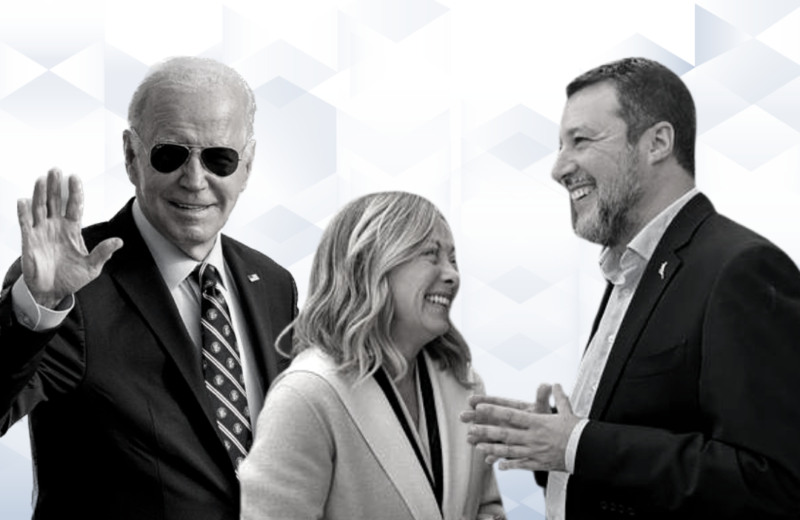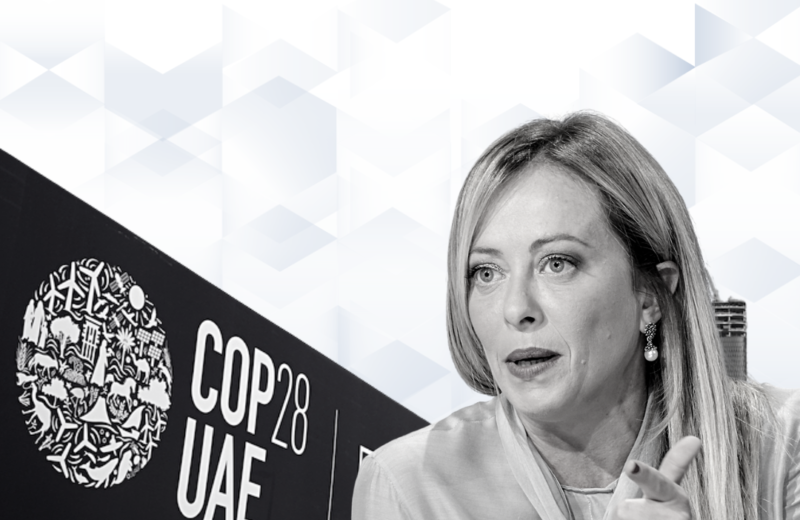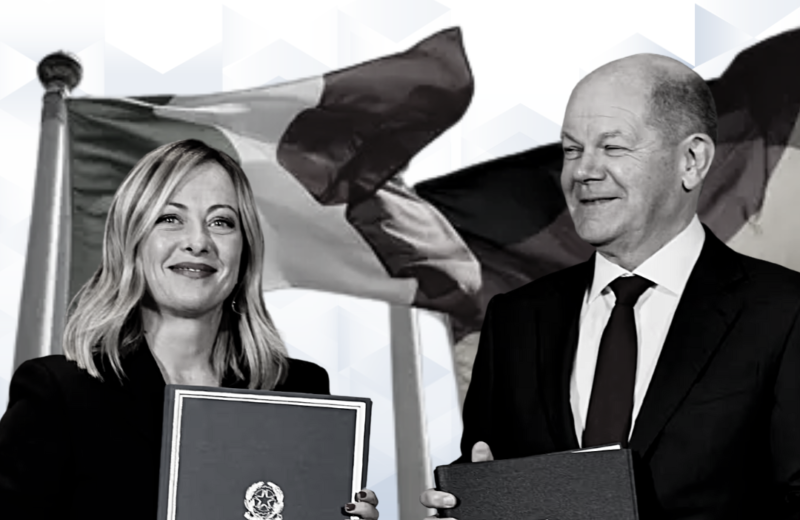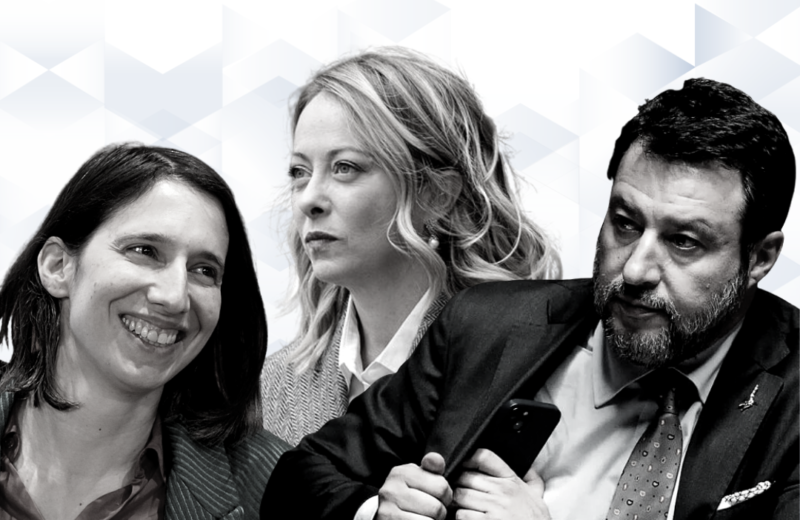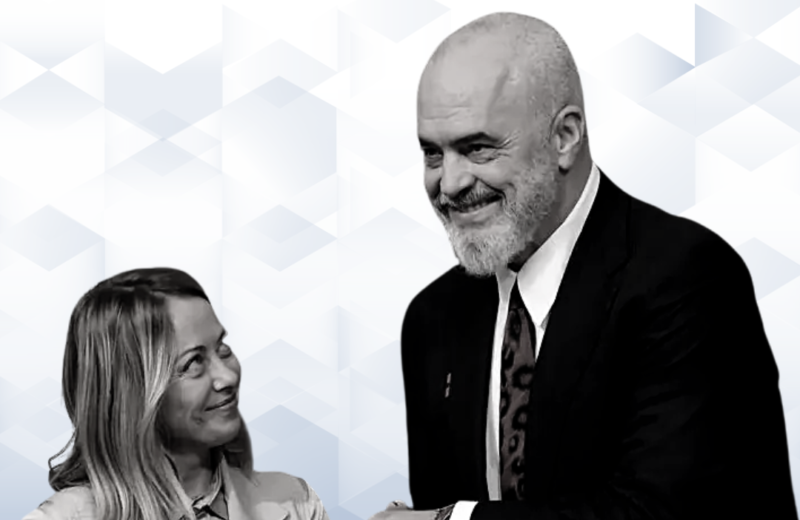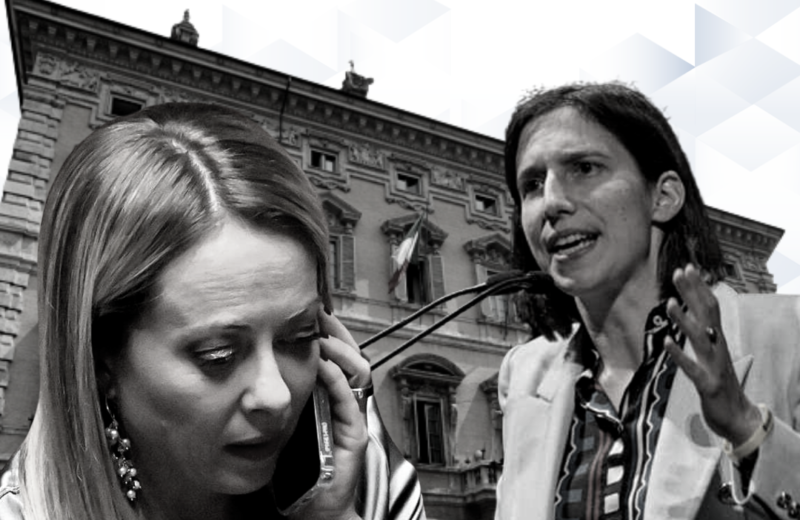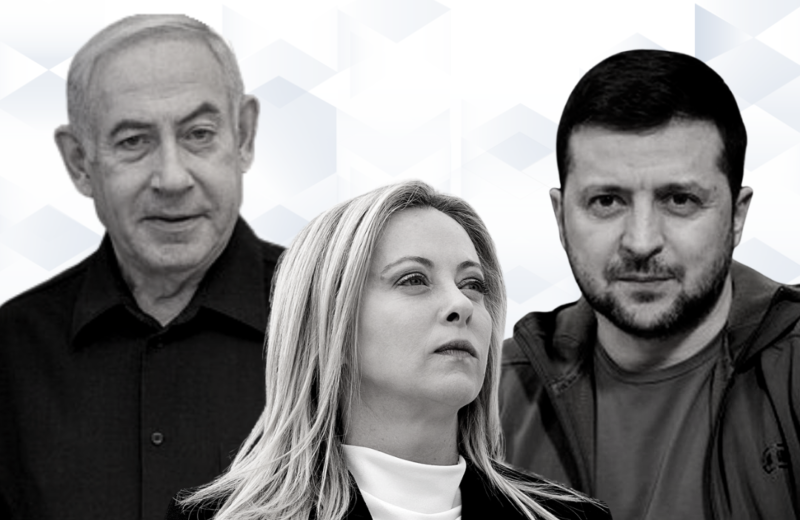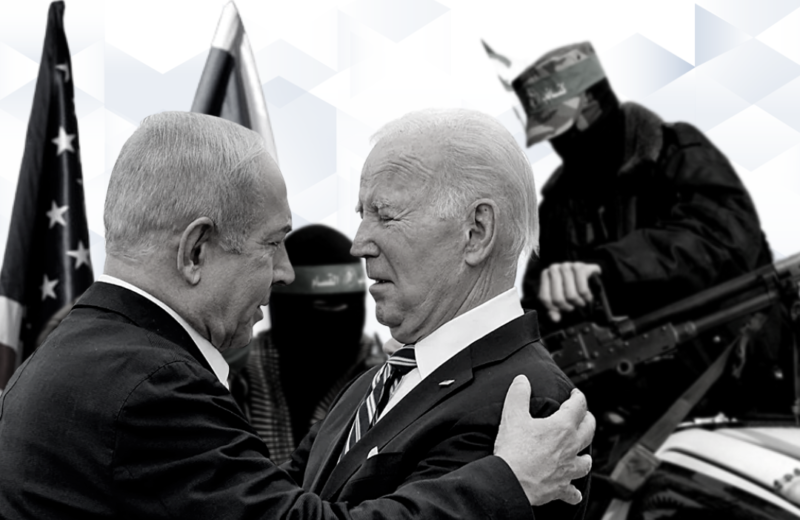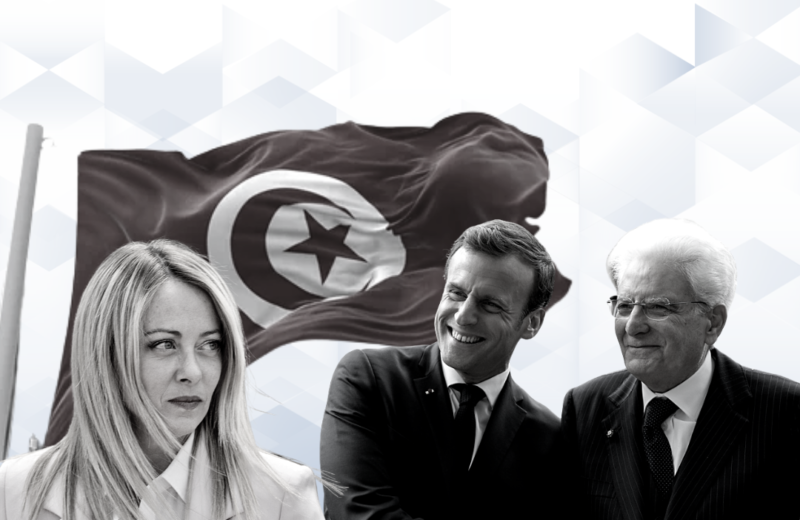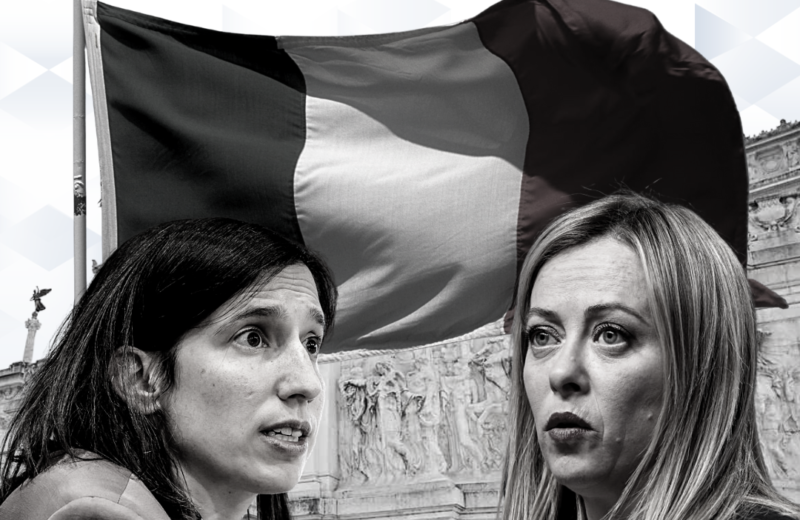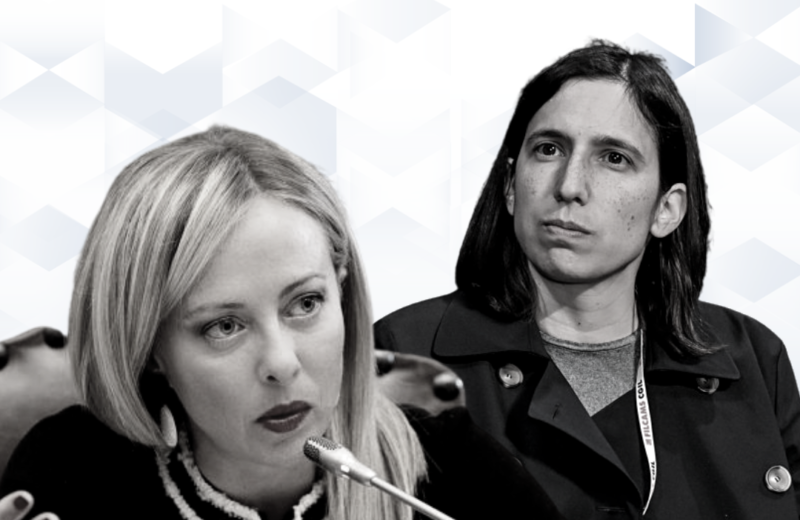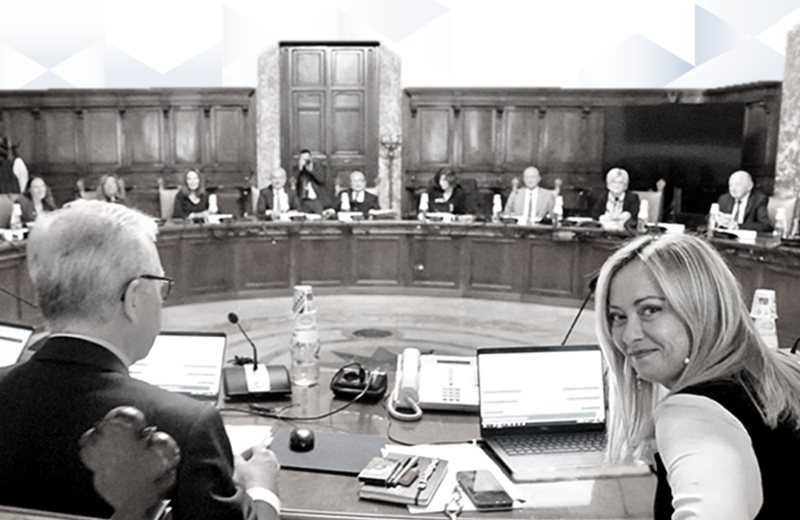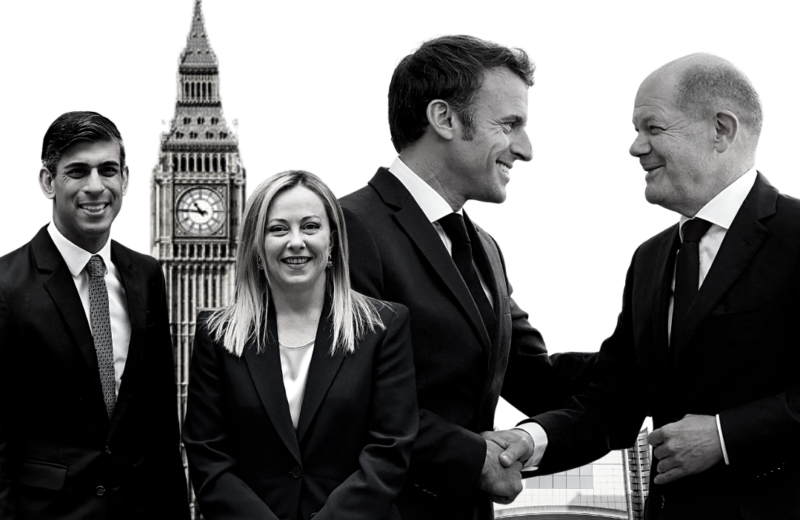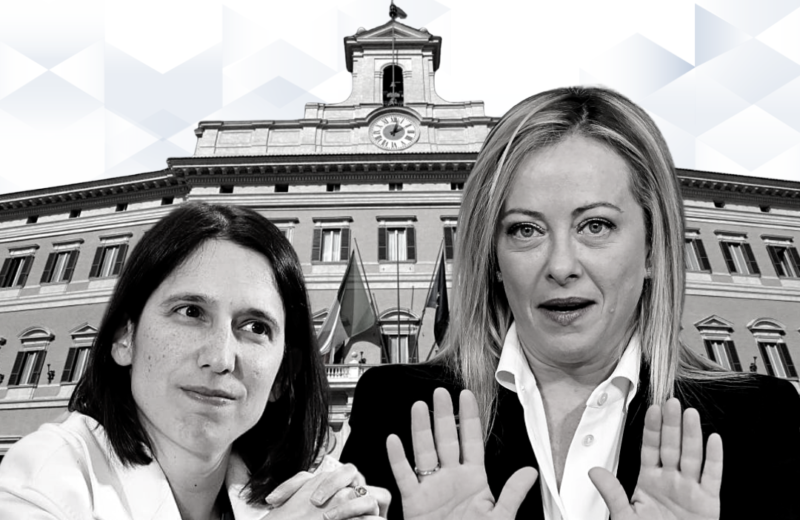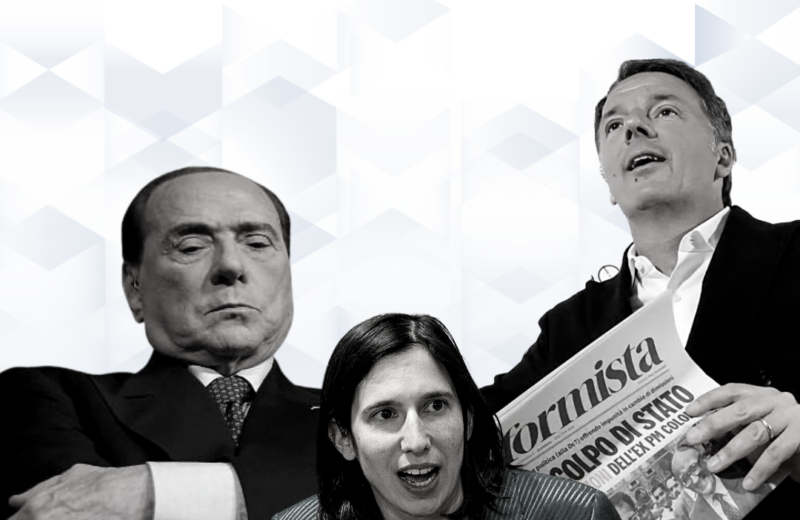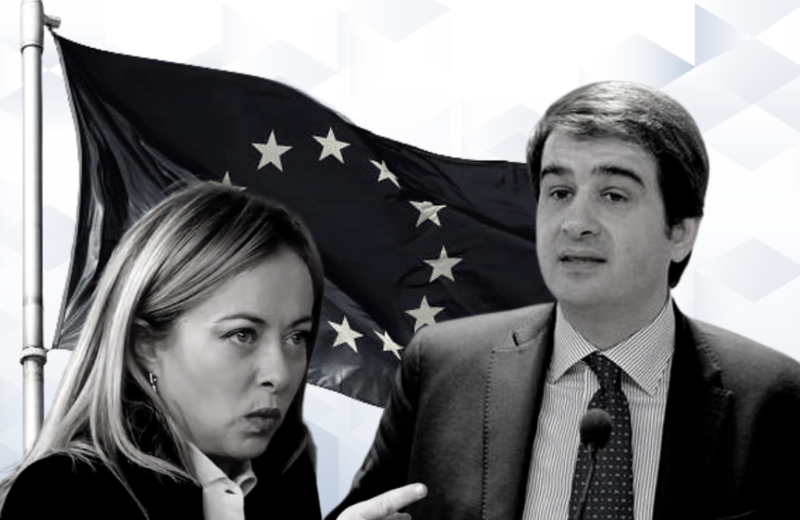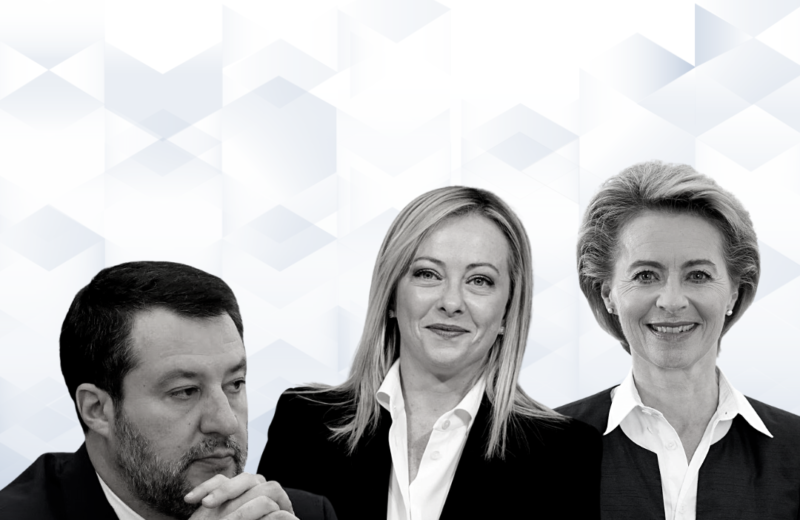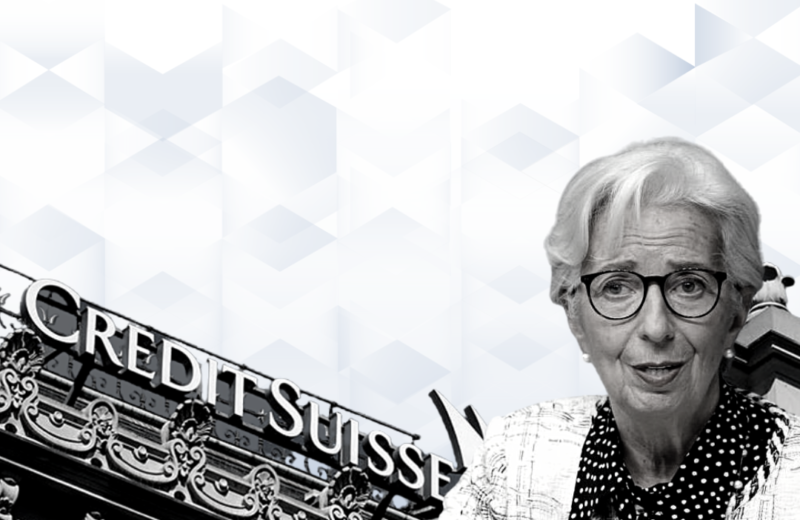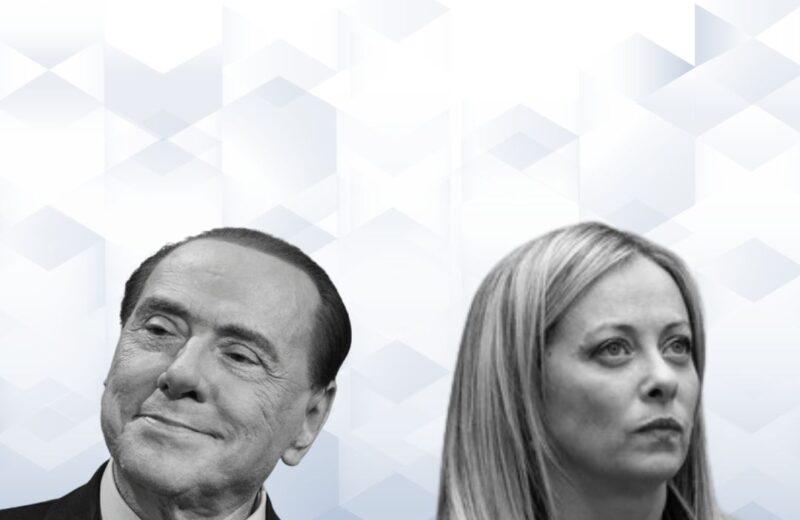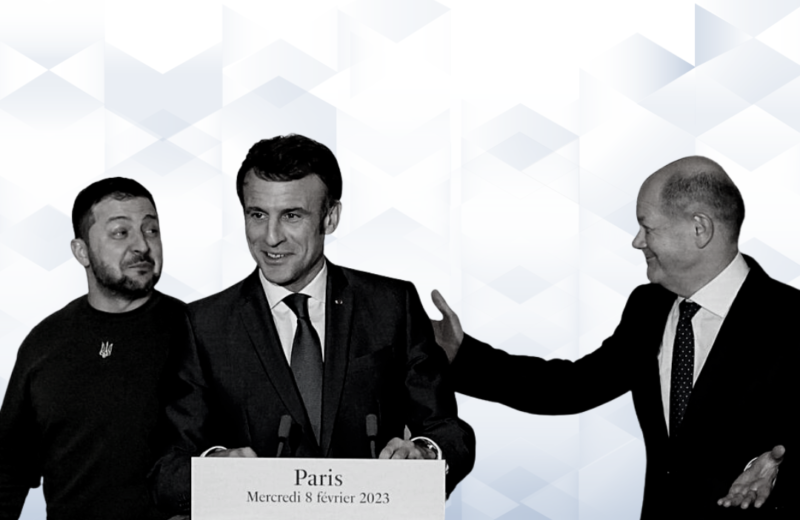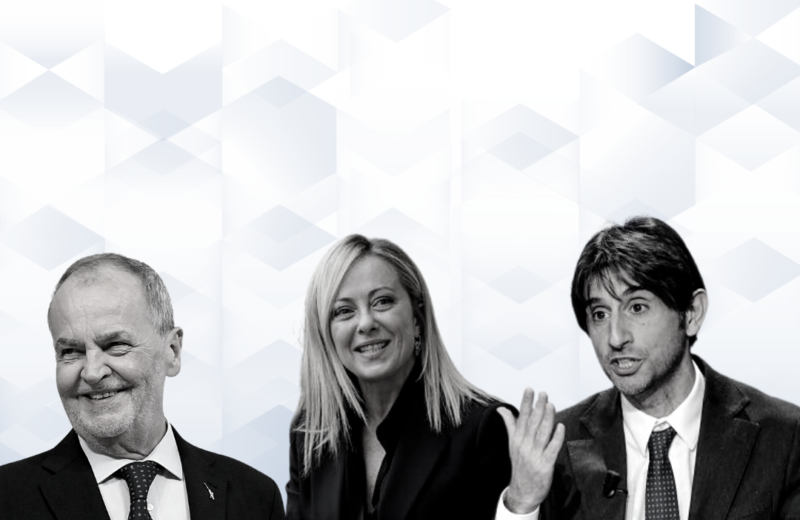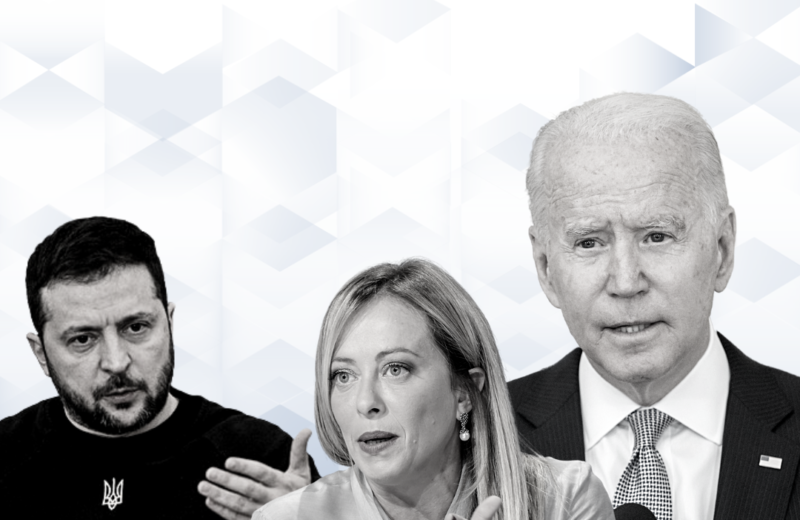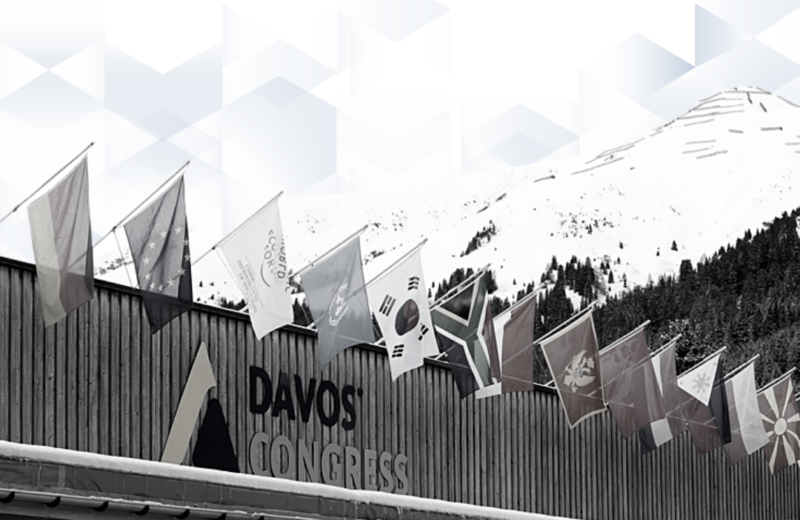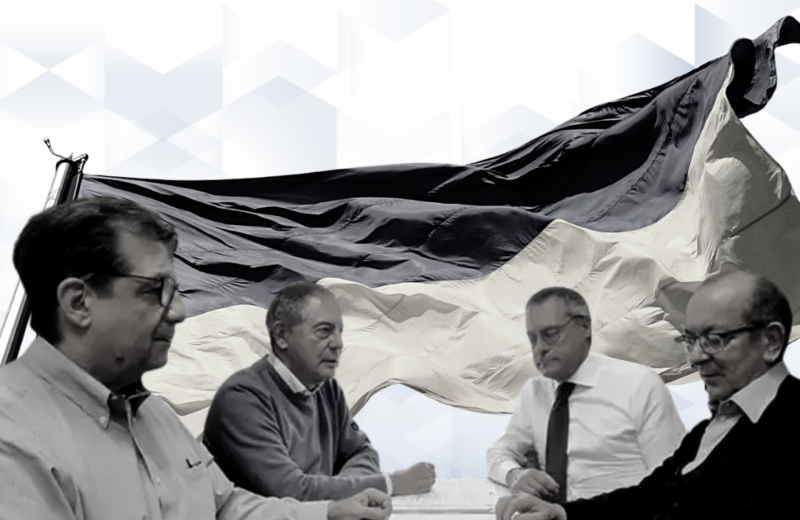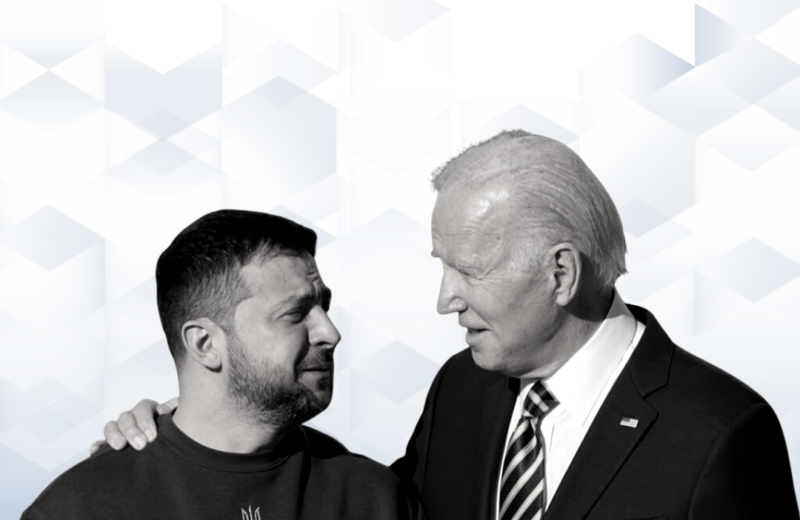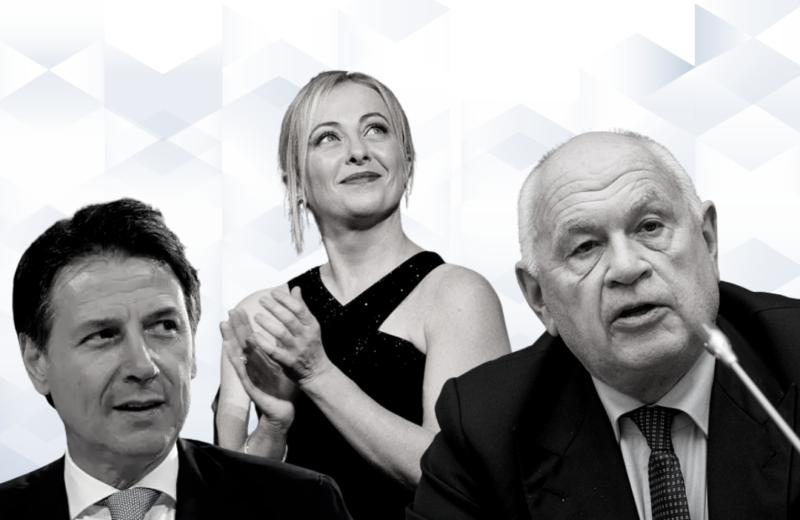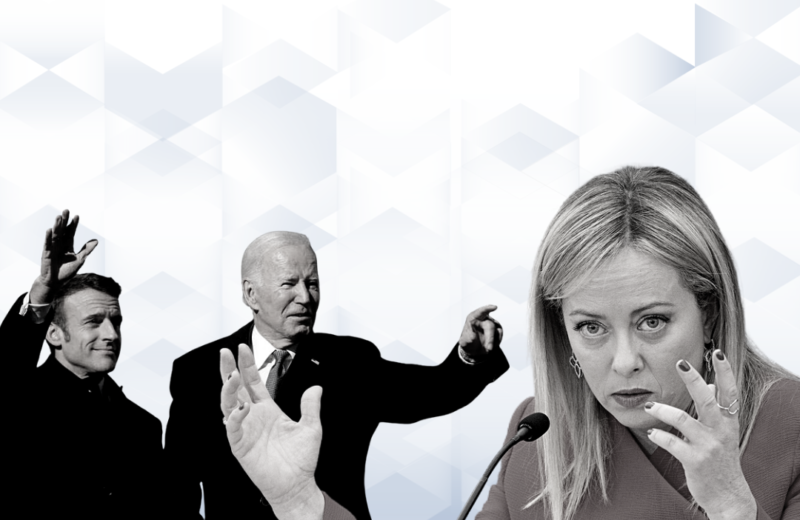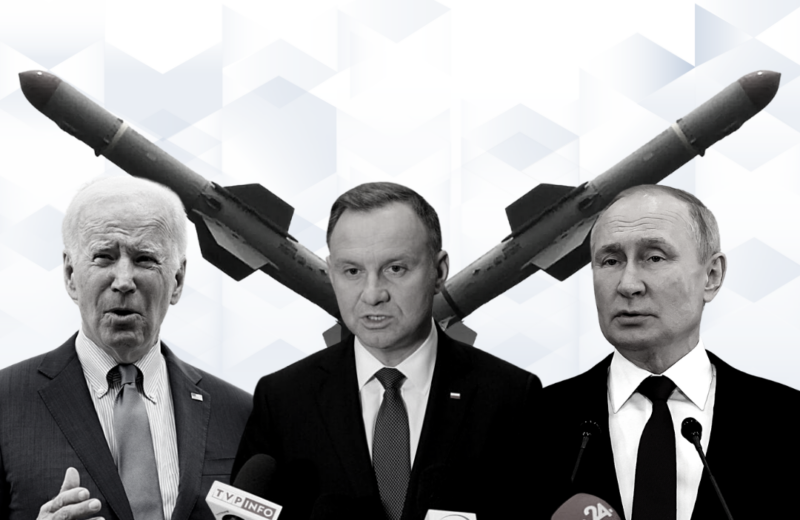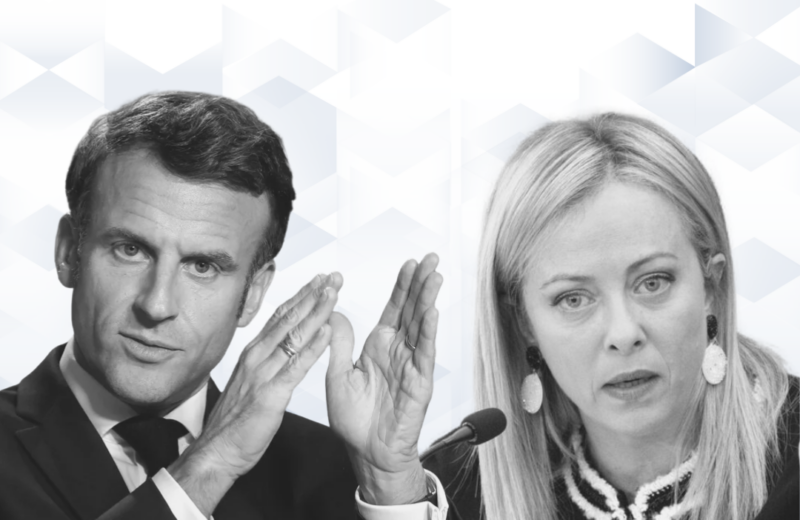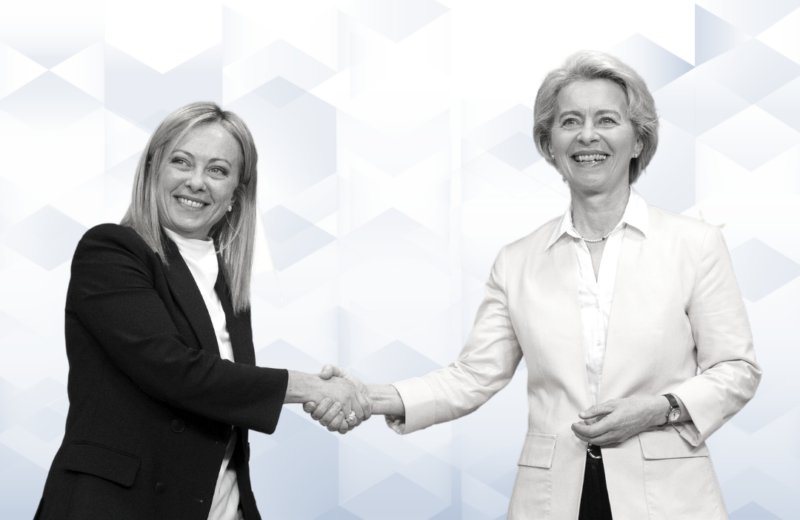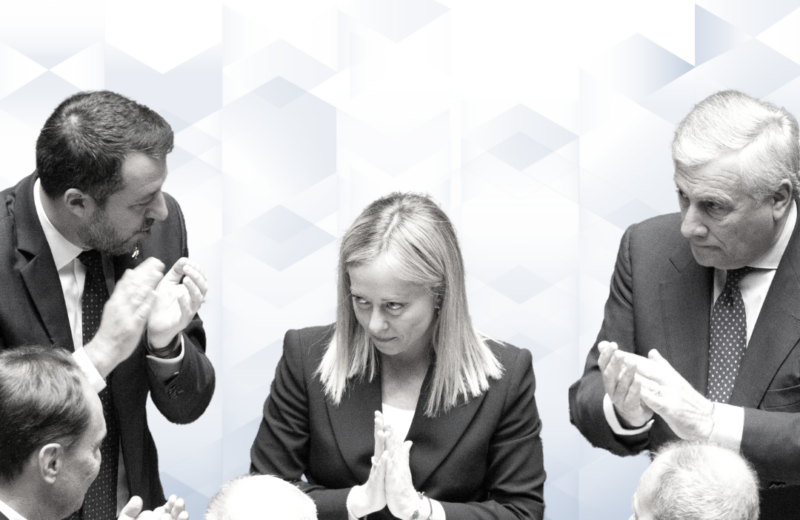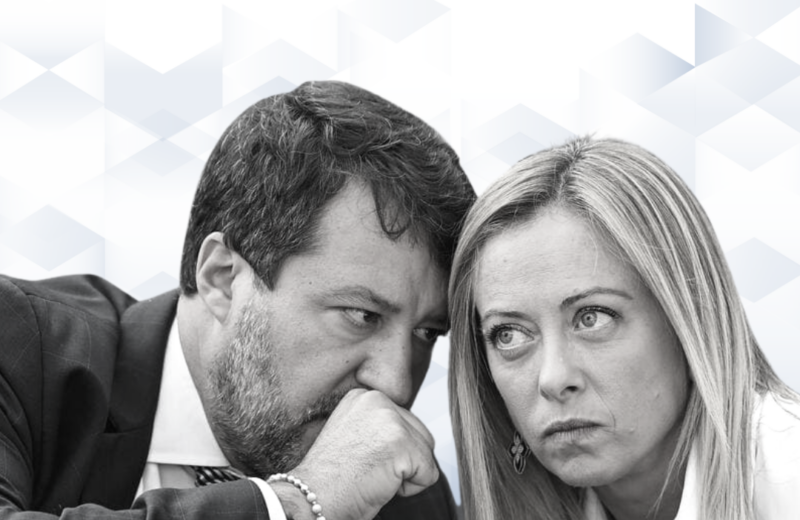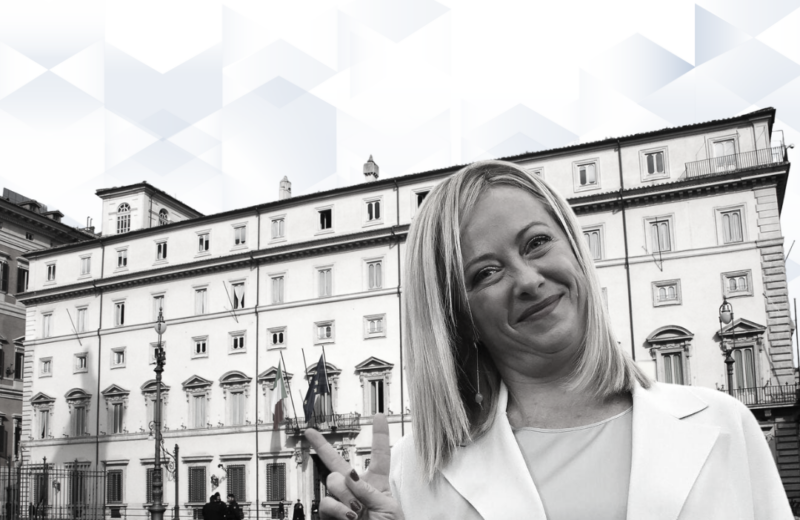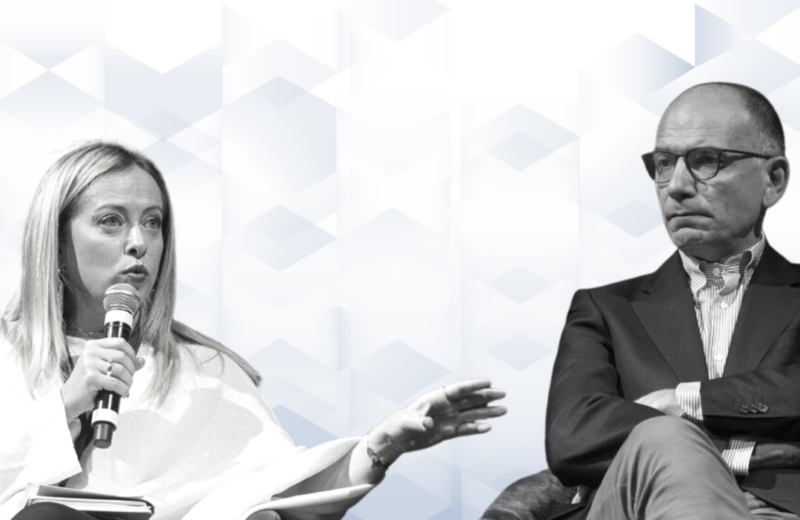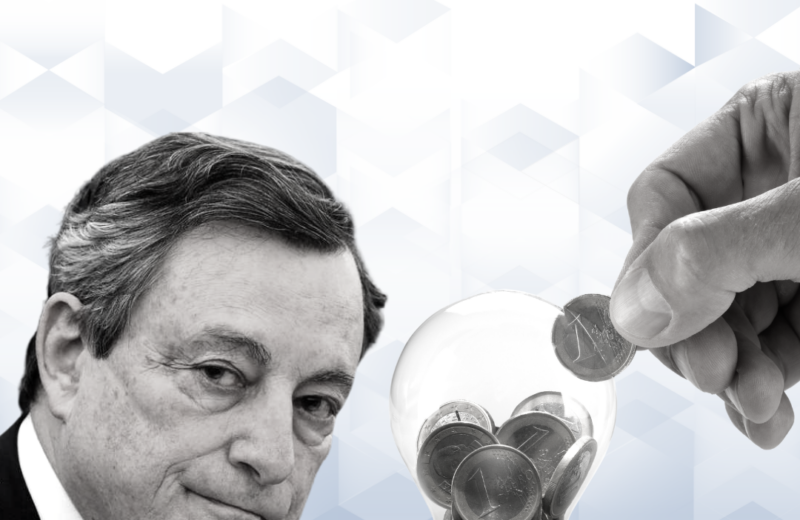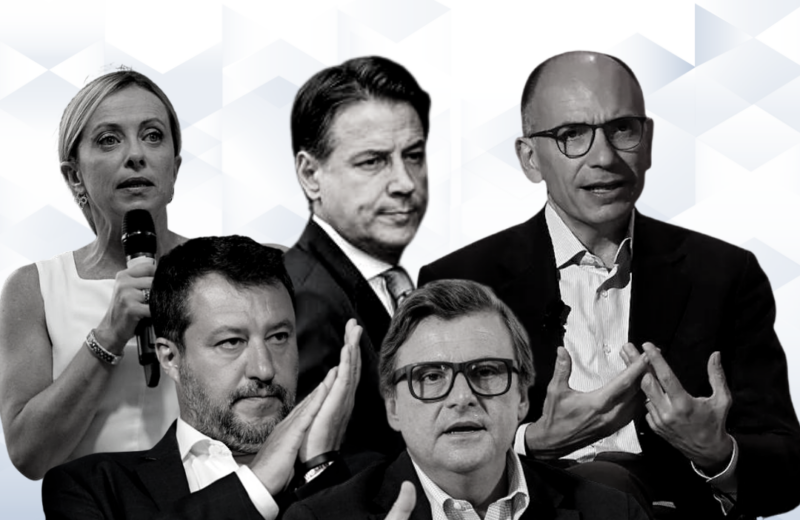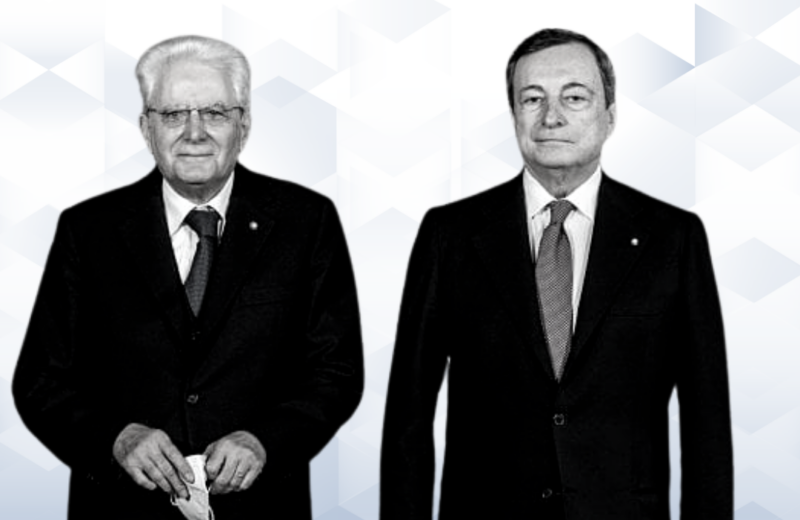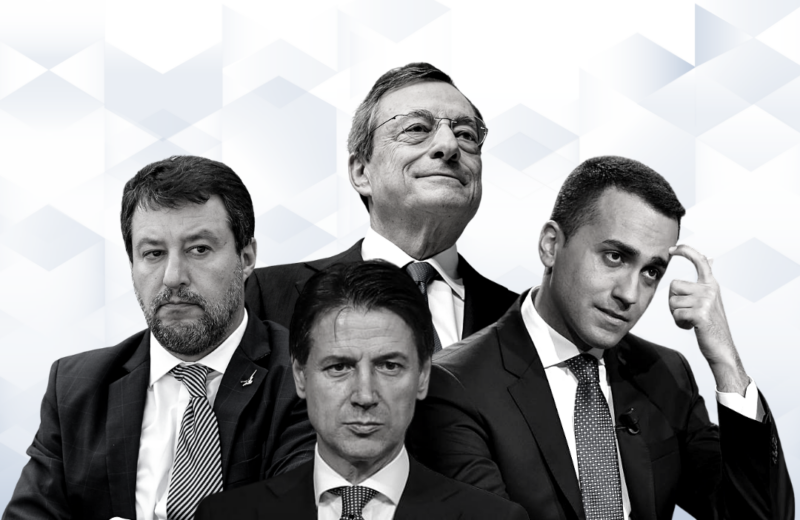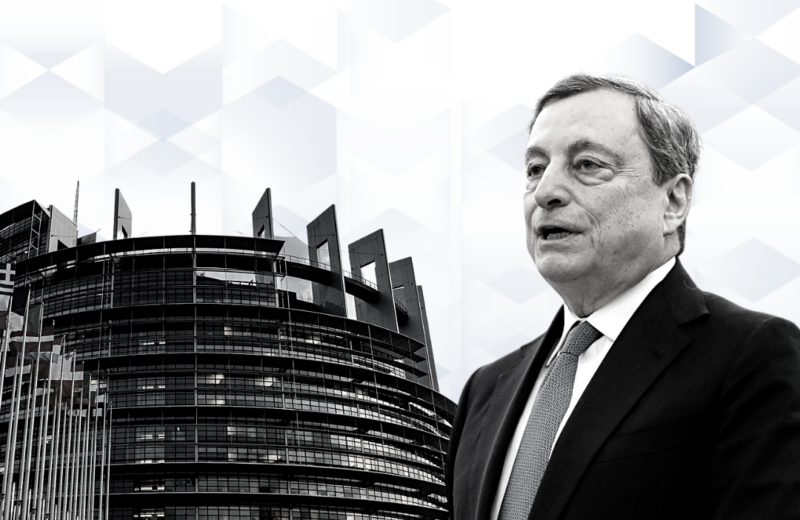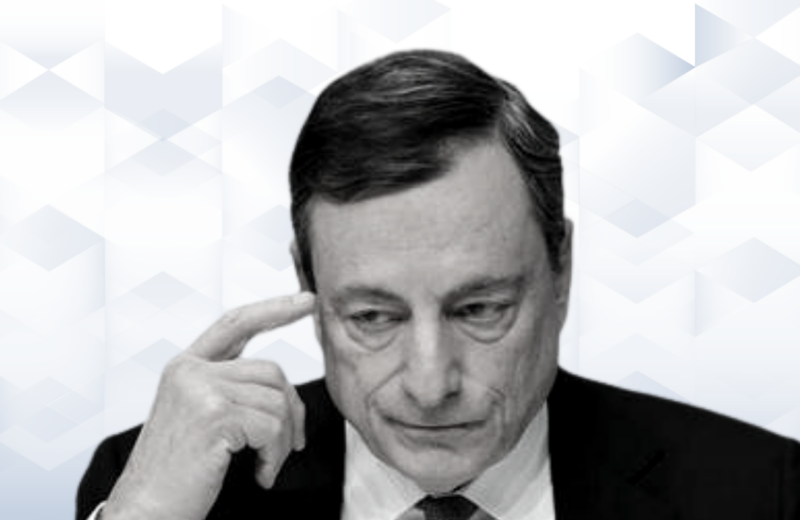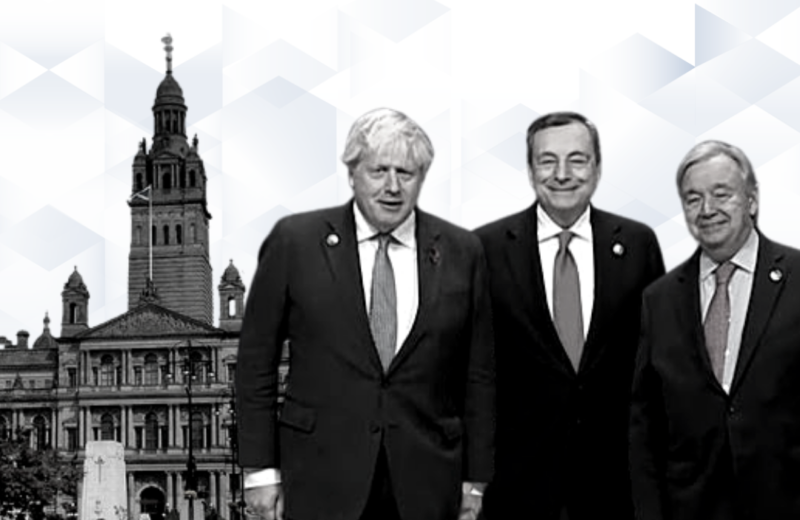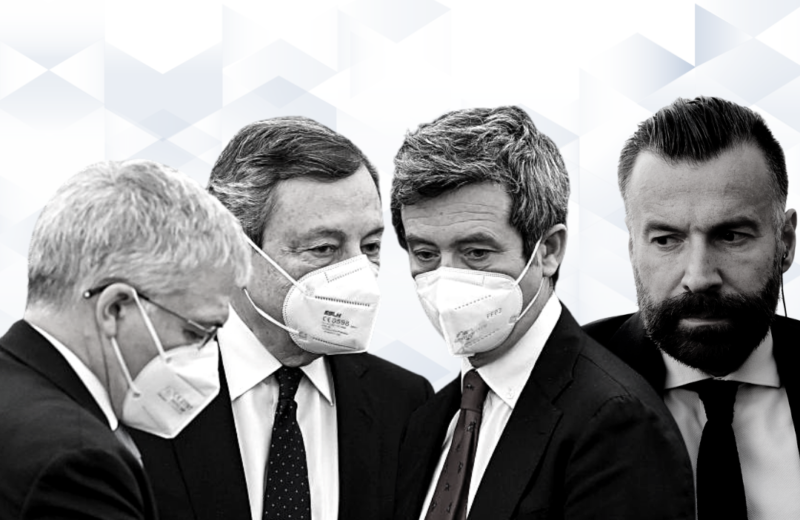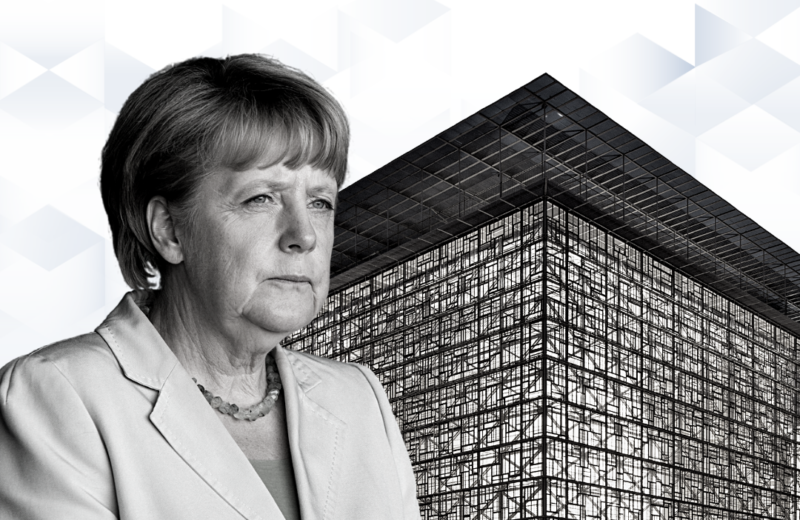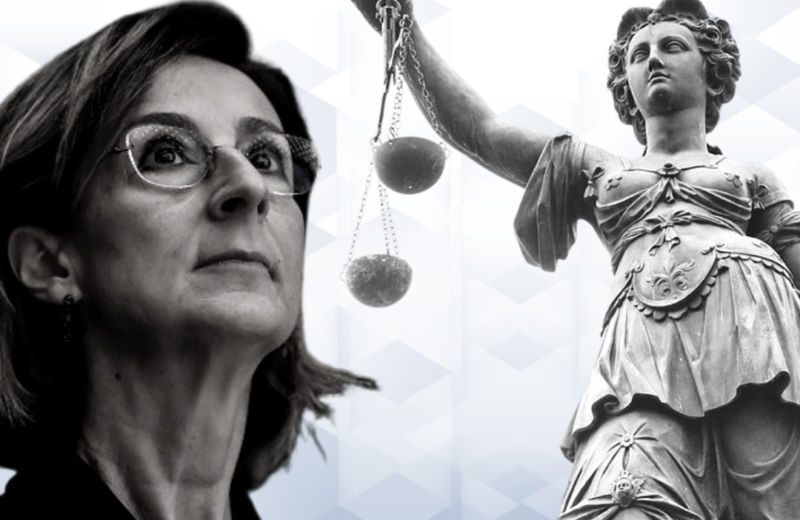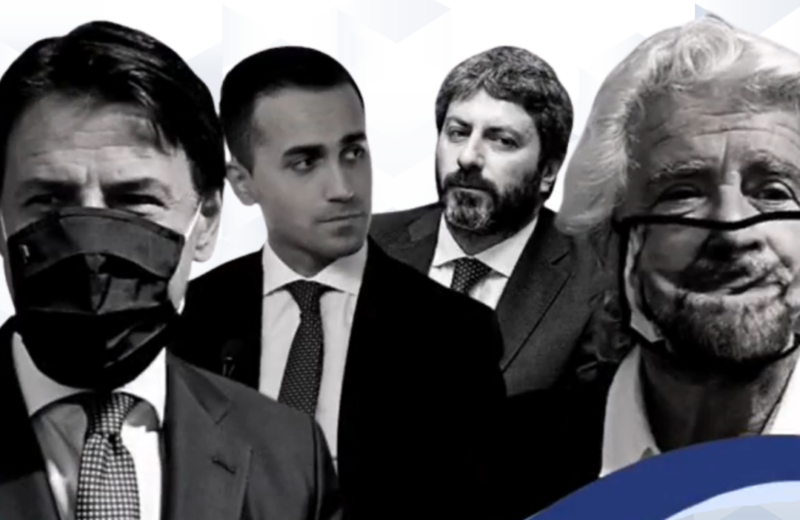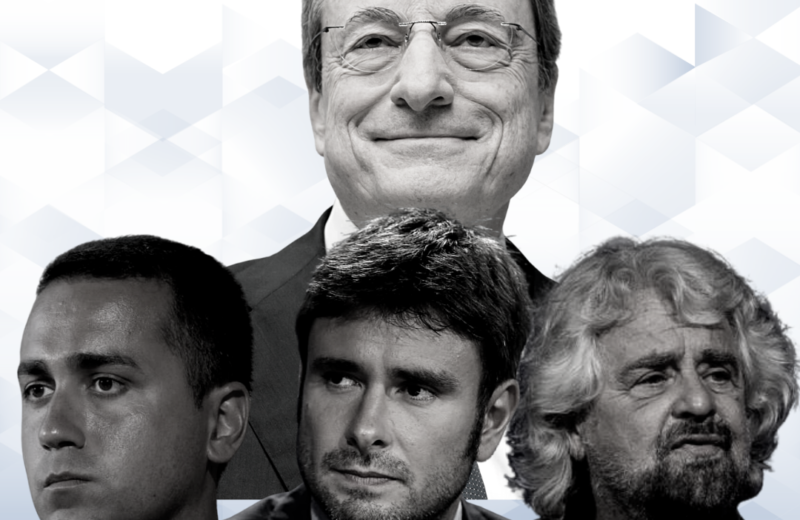The names chosen by the Meloni government
After several days of talks, meetings and clashes, vetoes and filings, the long-awaited lists for the boards of directors of some of the largest and most renowned state-owned companies closed on Wednesday. For Eni, Enel, Leonardo, Poste and Terna, the game is over. The shortlist of appointments presented by the government sees several reconfirmations accompanied by some new names: Giuseppe Zafarana and Claudio Descalzi at Eni, Paolo Scaroni at Enel, Igor De Biasio at Terna, Stefano Pontecorvo and Roberto Cingolani at Leonardo, and Silvia Rovere and Matteo Del Fante at Poste. Three are the most significant and “eye-catching” news compared to the predictions of recent weeks. The first certainly that of Flavio Cattaneo as CEO of Enel, to be counted among the Lega’s victories. The second sees Giuseppina Di Foggia as CEO of Terna, the first woman to win one of the top positions of the big listed companies and one of the points on which Meloni has fought hardest, as promised at the time. The last, an indirect consequence of the first two, sees the exclusion from the game of Stefano Donnarumma, who, at the behest of the Lega leader, was neither confirmed as CEO of Terna nor promoted to lead Enel, as the PM had hoped. The case of Donnarumma was one of the objects at the centre of the tug-of-war between the allies, on which, however, the Prime Minister was forced to take a step back.
Meloni stressed, however, that «the appointments were the result of a careful assessment of skills and not of political affiliations» and precisely for this reason, the Prime Minister added, without entering into the debate on winners and losers, they were «an excellent team effort by the government». Yet it is no secret how there was a long negotiation that saw the allies engaged on several fronts before reaching the coveted mediation.
A key passage for the legislature, that of the appointments of the participations, which marks a double test: one for the stability of the Melonian executive, once again confirmed, and the other instead for the Lega, which, moving in tandem with FI, has managed to impose itself in the confrontation with Meloni, thus recompacting the coalition otherwise all too unbalanced in favour of FdI. Although “the bulk” has by now been done, the affair is not yet over, with other fundamental boxes still missing from the roll call, such as the appointments of Rfi, the strategic railway networks for the Pnrr, Trenitalia, Consip and the RAI itself, where the majority will once again have to find a compromise.
A mediation job that does not seem to be succeeding for the Terzo Polo, which in recent days has become the protagonist of a heated controversy at a distance between the two souls that compose it. Calenda and Renzi, in fact, who had hoped to take over the Draghi government’s legacy, have failed to reach an agreement between them after months of negotiations. The political project of a single party, which has been talked about for some time now, officially foundered on Thursday. The Political Committee of the Terzo Polo failed to reach an agreement after a clash on the dissolution of the IV, which Calenda demanded by June, on Renzi’s participation in the Leopolda and on the money from the 2xmille, which Calenda would have liked to have given to the new party. On these points the Terzo Polo has split as announced with disappointment by the leader of Azione with «that nothingness, the party will not be done» declared at the end of the meeting to which follows «because Renzi does not want to do it».
Friction even across the Atlantic where military exercises, nervous declarations and political games are intertwined with the long-standing unresolved issue between Taiwan and China, raising international tensions sky-high. «China is preparing to wage war», Taipei’s Foreign Minister Joseph Wu told US broadcaster CNN, appealing to the UN charter which provides for the peaceful settlement of international disputes. Nevertheless, it is well known that China considers Taiwan to be a matter of domestic policy and therefore not applicable to the directives in question in deference to the “one China” principle. On this, Chinese President Xi Jinping seems to be cashing in on French neutrality by relying on the words of President Macron, who recently visited Beijing, that Europe should not get involved in a crisis «that is not its own». The fear that China could exploit Europe’s uncertainties, also as a result of its involvement in the war in Ukraine, in order to force the game would appear to be very high at present. China is thus raising its sights in the Pacific, just as it is trying to accredit itself as a mediator for peace between Russia and Ukraine, especially in the light of its recent success between Saudi Arabia and Iran.
